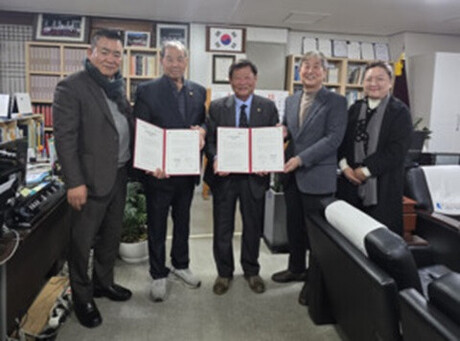
Paraguay's power industry is seeking new growth opportunities through self-generation. The recent emergence of autogeneración (self-generation) and the introduction of net billing as key issues in the country's power industry are seen as significant opportunities to drive innovation across the entire sector, not just energy transition. As a clean energy leader that relies primarily on hydropower for its electricity production, Paraguay expects these self-generation systems to create even greater synergy.
Self-generation: a driver of new investment and job creation
Gianmarco Felippo, president of the Paraguayan Electromechanical Industry Association (CECOEL), emphasized that self-generation systems will enable households and businesses to produce their own electricity and sell the surplus to the national grid. He predicted that the introduction of such a system with clear regulations would lead to an exponential increase in renewable energy investment, which in turn would boost employment in the electromechanical industry and strengthen the country's competitiveness.
He explained that clear regulations on net billing and bidirectional metering (medición bidireccional) would particularly stimulate investment in solar power and energy storage systems. This would further diversify Paraguay's energy portfolio, which is already a 100% renewable energy system based on hydropower.
Transparent regulation and workforce development are key to success
To turn these opportunities into reality, relevant organizations are unanimously emphasizing the need for clear legal regulations and policies. Business groups, such as the Paraguayan Consultants Association, argue that for self-generation systems to be successfully established, the regulatory framework must be transparent and technical oversight must be strict. This would ensure high-quality, sustainable projects.
Felippo also noted that while Paraguayan companies are already investing in advanced equipment to increase their competitiveness, the lack of skilled technicians remains a challenge. To address this, companies and educational institutions are collaborating on dual training programs to develop a workforce that meets international standards.
Lastly, Felippo added that financing for new projects is also a crucial issue. He said that various financial support systems, such as flexible working capital loans, factoring to secure liquidity for public contracts, and financial guarantees, must be established. Paraguay already has abundant clean energy and excellent human resources. By adding clear regulations and systematic workforce development programs, the electromechanical industry can contribute even more significantly to the nation's competitiveness.
[Copyright (c) Global Economic Times. All Rights Reserved.]






























